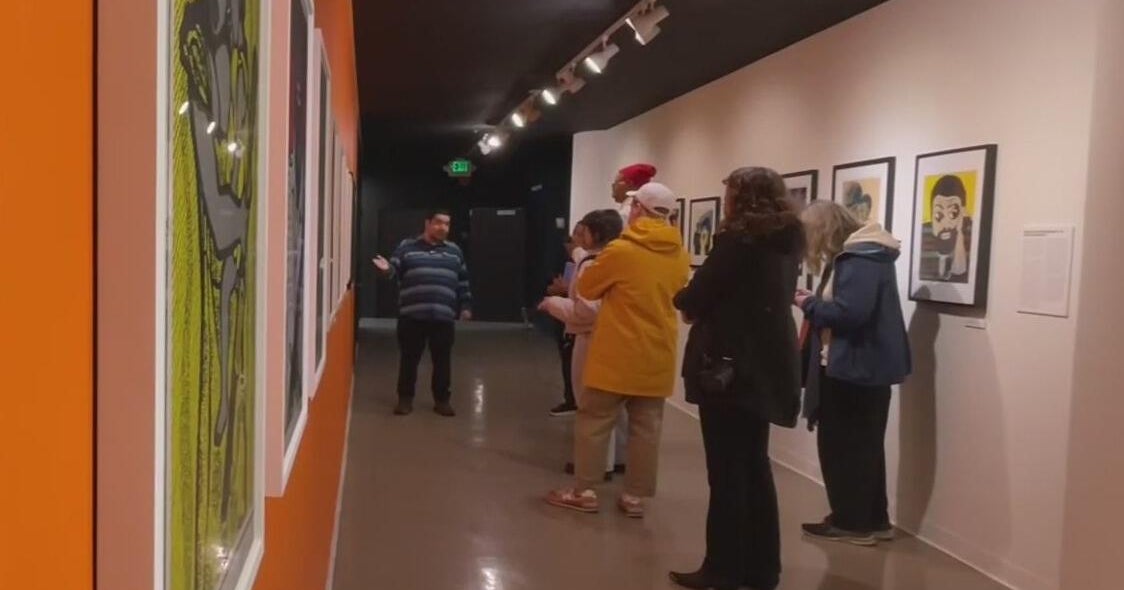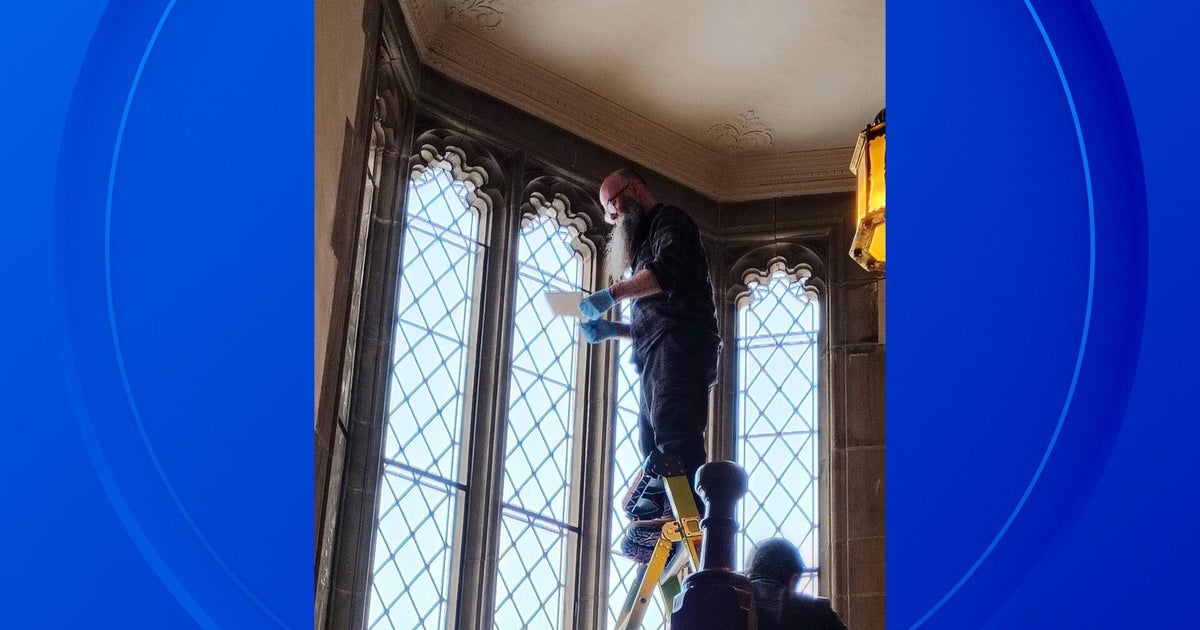University of Florida drops "Gator Bait" cheer due to term's "horrific historic racist imagery"
The University of Florida's president announced Thursday that the school is discontinuing the use of its "Gator Bait" cheer and band performance at sporting events. The school said the term is associated with a "horrific" history of racist imagery.
UF President Kent Fuchs said the change was just one of many the school is making to address racism on its campus, amid ongoing protests following the death of George Floyd.
"While I know of no evidence of racism associated with our 'Gator Bait' cheer at UF sporting events, there is horrific historic racist imagery associated with the phrase," Fuchs said in a statement. "Accordingly University Athletics and the Gator Band will discontinue the use of the cheer."
Traditionally, fans shout "Gator Bait" and use their arms to mimic an alligator's mouth chomping when the band plays the familiar tune.
According to the Jim Crow Museum of Racist Memorabilia at Ferris State University, African American children were sometimes used to bait alligators in the late 1800s and early 1900s. Newspaper articles and postcards from the time period also highlight the practice.
While some celebrated the change, others spoke out in opposition.
Lawrence Wright, who is credited with popularizing the cheer after chanting "If you ain't a Gator, ya Gator bait, baby" after a 1995 win, told The Gainesville Sun that he wants to speak with Fuchs about the decision. Wright planned to release merchandise with the phrase, according to the paper.
"I'm not going for it," said Wright, who was a member of Florida's first national title-winning football team. "I created something for us. It's a college football thing. It's not a racist thing, It's about us, the Gator Nation. And I'm black."
The removal of the cheer was just one of more than a dozen actions announced by Fuchs as part of a three-point plan to address racism at the university. He also said that the university would be removing monuments and names celebrating the Confederacy and would cease relying on prison and jail inmates for farm labor.
"It is past time for UF to commit and engage in this challenging, uncomfortable, transformational work," Fuchs said. "We know that we cannot undo lifetimes of injustice and racism, but we believe we can make progress — in education, in advancing truth, reconciliation and justice, and in anti-racism, equality and working to eradicate inequities."




